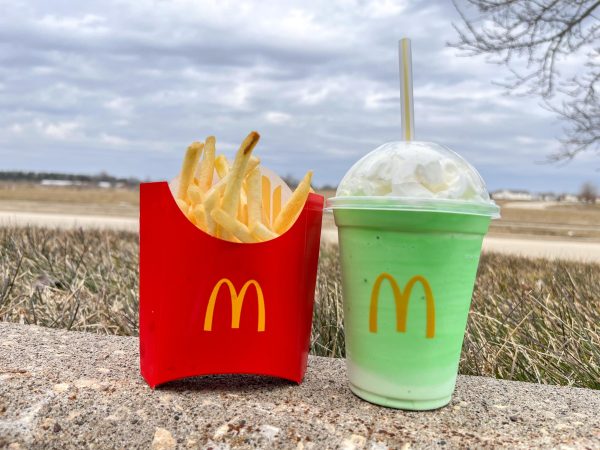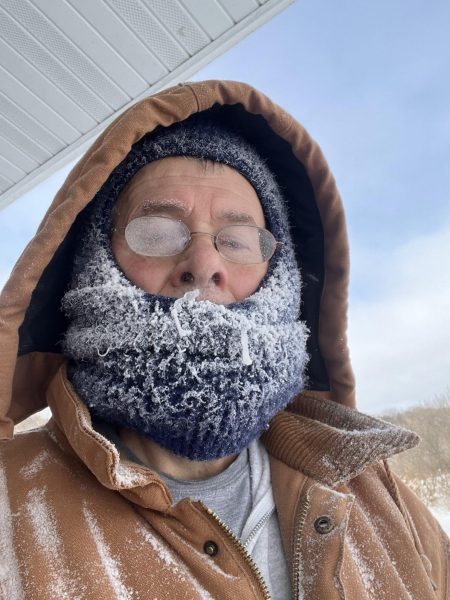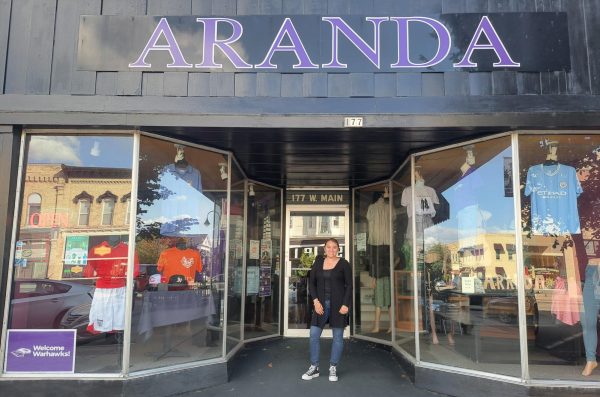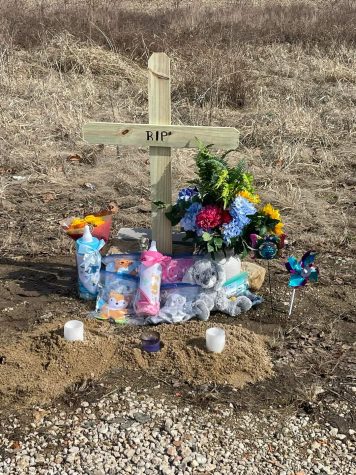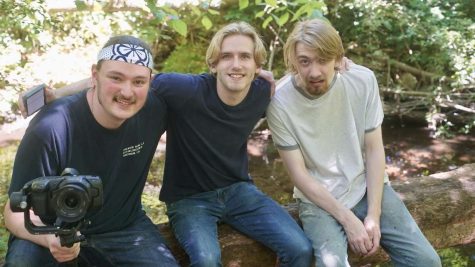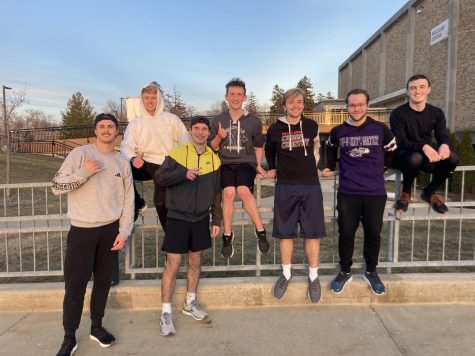Local Farmers focus on health,sustainability with interns
April 24, 2017
The Wisconsin Farms Oral History Project prides itself on many things, but what rises to the top are the interesting and diverse stories, unearthed by conducting interviews with small farms throughout the state and the wealth of opportunities that our project offers to its student interns.
Intern Emily Lanigan joined the project because she noticed a lack of co-curricular opportunities for history majors on campus and she knew that Wisconsin was full of rich stories that she wanted to hear and share. One of her first assignments was to research C&C Farm, a small farm in Jefferson County, famous for being the first organic Hmong farm in the state.
The farm is owned by Cheu Vang, a man who grew up on the northern hills of Laos, the oldest of twelve children. Lanigan’s research tracks the progression of the ownership of the farm, tracing it back to a family of German dairy farmers, the Hakes, but she was particularly moved by Cheu Vang’s philosophies on agriculture.
His foremost concern is to provide healthy, sustainable food for his family to consume, his second is to provide ethical produce for his community, and his third is to aid environmental efforts by returning to Laos and teaching sustainable farming, as opposed to the traditional slash-and-burn methods of the region.
Lanigan has been researching the Vangs, the Hakes and agricultural history in Jefferson County since she joined the project in the spring of 2015. She notes that the project, in general, has opened her eyes to the stories and experiences of the people who live in the surrounding communities. She also appreciates the opportunities she’s been given through the project, to gain a plethora of skills, involving research, journalism and administrative skills.
“I think that’s the best part about it. You could come in here, not even interested in history, but still find a niche that’ll help prepare you for the future,” Lanigan said.
New Start
Former intern Chloe Rettinger had a similar experience working with a farm that opened her eyes to the diversity that exists in Wisconsin’s agricultural industry. She and fellow intern Olivia Heckendorf interviewed Anne Drehfal and Dennis Fiser, a young couple with no background in farming who started an organic, CSA-supported vegetable farm in Fort Atkinson in 2011.
The couple, in their early 30s, defies the average age of farmers in Wisconsin, and their connection to city living and academia gives them a unique perspective in the world of agriculture. This propelled them toward advocation of agricultural education in elementary and high
school.
“So often people have the assumption that farming is just for old people or it’s a dying breed, so to speak, that it’s going out of style,” Rettinger said. “But then you look at Anne and Dennis and you see how they’re bringing it into style. They’re making farming cool again.”
Rettinger credits the farm project for exposing her to how unique the farming industry is in Wisconsin and preparing her for her current career as a historian.
“It’s been really great to take the experience that I had on the farm project, doing oral histories with farmers and people related to agriculture, and take the same kind of layout that I had for forming questions, and how to conduct an interview, and nonverbal communication and things like that, and be able to take those and input them into my job now. Sometimes an everyday level, has been really great for me,” Rettinger said.
While the project helps its interns build opportunities for their futures, the interns do just the same for the project. As the project grows, it will lead toward the Lands We Share initiative, creating a dialogue about agriculture throughout the state and bringing Wisconsin communities closer together.
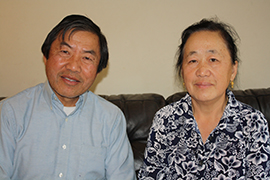
Photo Courtesy Sydney Rakestraw














